More and more homebuyers are starting to demand energy-efficient new homesand are pushing the building industry towardsbuilding betterhomes with lower fuel costs.Building Zero Net Energy homes也是一个趋势主题,随着社会从碳为基础的经济过渡到使用化石燃料取暖,它们开始变得更加普遍。以目前的市场价格来看,有一种说法是,用天然气取暖更实惠,而且“天然气”是一种清洁的能源,但这能持续多久呢?
没有办法确定未来使用化石燃料取暖的成本,也没有办法确定它们的可靠性。So, beyondreducing the carbon footprint of homesto mitigate the effects of climate change, there is still the issue of what is the most affordable heating system for a house, and the most sustainable for the future.
Is buying a new gas furnace a good idea?
A gas furnace may last anywhere from 15 to 30 years, but the average life expectancy is 20 years.此外,选择为家庭增加天然气意味着增加额外的能源基础设施,随之而来的是额外的成本。
The question then turns to the fuel source. What will it cost to heat with natural gas in the future? There is already reason for concern for those that heat their homes with fossil fuels, due to supply and demand issues in some areas that has already led to price increases.
Despite some obvious areas that are lagging behind, in general the world is transitioning away from a carbon-based economy, and we would argue that making a 20-year commitment to heating with natural gas may not serve you well financially in the years to come.
The UK is already putting in placea ban on gas furnaces starting in 2025, and more countries are sure to follow. This is the type of legislation and even re-programing away from a carbon-based economy that needs to happen if we hope to see a noticeable reduction in carbon emmissions in the future.
Electric powered heat pumps save money
Heat pumps powered with electricity can heat a house on average about three times more efficiently than other heat sources.Andpairing an air source heat pump with a heat pump water heatercan further save energy and money.
Air source heat pumps are the most cost-effective type of heat pump for smaller homes (compared to ground source), and they have the additional benefit of doubling as air conditioning in summer. Only in very large or poorly-performing homes will there be high enough heating demand to justify the cost ofground source heat pumps (often called geothermal heating) or water source heat pumps.

电暖暖贵吗?
Depending on local utility rates, yes, it can sometimes be fairly expensive to heat with electricity. The key to heating efficiently with electricity anywhere, is to cut your home heating demand first. That starts in the design phase with a commitment to building a moreenergy-efficient home, to focus on saving energy rather than injecting energy.
By reducing the heat load of a home, the premium on a single BTU of electric heat becomes less of an issue if a house is designed to use 75% less energy, for example.
And while electric heating may be more expensive in a given region at the time being, that likely will not be the case in the future as the availability of fossil fuels dwindles.
Is electric heating and cooling cleaner and better for the environment?
从短期来看,房屋取暖或制冷所需的电力的清洁程度取决于电源的清洁程度。So if the region where a home is located is powered by renewable energy, or that this is a choice the consumer can specifically opt for, electricity would then be considered a ‘clean energy’ choice.
If a local power authority uses natural gas plants or coal for example, then despite having electric heaters, the actual heating fuel source of a home is still fossil fuels. But, there is a clear transition towards cleaner energy happening and that trend is only going to continue, so we think the smart money would set up now with electric home heating. and as a trend, the higher the demand, the more green electricity will be produced.
Choosing a high efficiency home with electric heat now is the surest way to both future-proof a sustainable home and to reduce ongoing maintenance and replacement costs.
Electricity is versatile so it's an easy option
We also like electric heating because, pretty much every home has electricity already. Electricity can be used to heat, cool, cook and power our lights and appliances all in one. If you can't currently afford the upfront cost of a green and electrically-powered home,there is always the option of a Zero Energy Ready home that has the infrastructure installed already. That is an affordable way to prepare now for a cheaper and easier transition in the future where you can also add solar photovoltaic panels or roofs and battery storage.
Switching from gas to electric cars
Personal vehicle use is the single greatest contributor to greenhouse gas emissions, and we only need to look as far as the automobile industry to see what is in store for other areas of society, such as home heating fuel sources.
Electric cars used to be a novelty, but since Telsa began to dominate the EV market, established car makers have been rushing to catch up and offer their own electric vehicles.
Choosing the right EV is getting easierwith every passing year as new models with different uses, ranges, and price points hit the market. Now we are seeing a race to get the first and best electric truck to market - which is something of interest to all the eco-conscious contractors out there, but more of that in the coming months.
What is happening is the beginning of a phase-out of gas-powered cars as EVs continue to improve and dominate the new car market - at least in the news section if not yet in sales. Currently it is still easier (if more more expensive) to fill a tank with gas, but even infrastructure is changing to make way for EVs, with more road side charging stations as well hasimprovements in home EV chargers.
也就是说,我们相信你会开始看到完全相同的模式出现在家庭供暖中,家庭能源效率提高了这么多,用电力供暖成为常态,而不考虑电费的变化。
How to build Zero Energy Ready homes
As regional building codes across Canada and the US are beginning to look at Zero Energy Ready options to reduce the overall carbon footprint of homes, how we heat our homes becomes a very big issue.Theoretically, almost any leaky old home can stick a pile of PV solar panels on top and be declared "net zero," but that would cost a fortune and can hardly be considered sustainable. The key to successful green home construction in the future is, as mentioned above, to reduce consumption from the beginning by design.
There are many potential ways to reduce the energy consumption of a home during the design and modelling phase, which begins simply by considering building a more modest-sized home. From there it takes a focus on an efficient envelope, by building better insulated and airtight homes.
Better insulated homes need less heating
Building a home to meet the basic energy performance of building code is like buying pants with holes in the pockets and watching all your money fall out. In an age of climate change, green home constructiontechniques and incentives to build Zero Energy homes, it is a true shame that most large developers continue to supply the market with poorly-performing homes. And since these homes have minimal amounts of insulation and high levels or air leakage, occupants are left with almost no affordable option in some cases other than to heat with gas.
那么,如果房子建得更好呢?What if new homes were so well-insulated and airtight that
they use very little heat? What if the heating bills were so low that the premium for switching from gas to electric heat seem like peanuts? That is only one of the benefits of a super-insulated home. There is potentially a minor up-front premium for high-performance homes, but the monthly energy savings will often offset that cost and the net result is a better home with a higher resale value and the same total monthly payments.
And back to the original point – by doing the above, the price of electric heating begins to make sense, not only today, but it is a much more sound investment for the future. Some politicians are loath to admit it, but the grid is moving towards clean renewable energy. The US Energy Information Administration (EIA) predicts that electricity generation from renewable energy sources will rise from 17% in 2019 and 20% in 2020, to 22% in 2021. So heating with electricity is really the only sustainable option at this point as we continue to migrate towards more renewable energy.
Now you know more aboutelectrichome heating,learn more aboutsustainablehome comfort,energy efficiencyandhow to reduce the carbon footprint of homeson the following pages and in theEcoHomeGreen Building Guide.
Find more aboutgreen home constructionand reapthe benefits of a free Ecohome Network Membership here. |


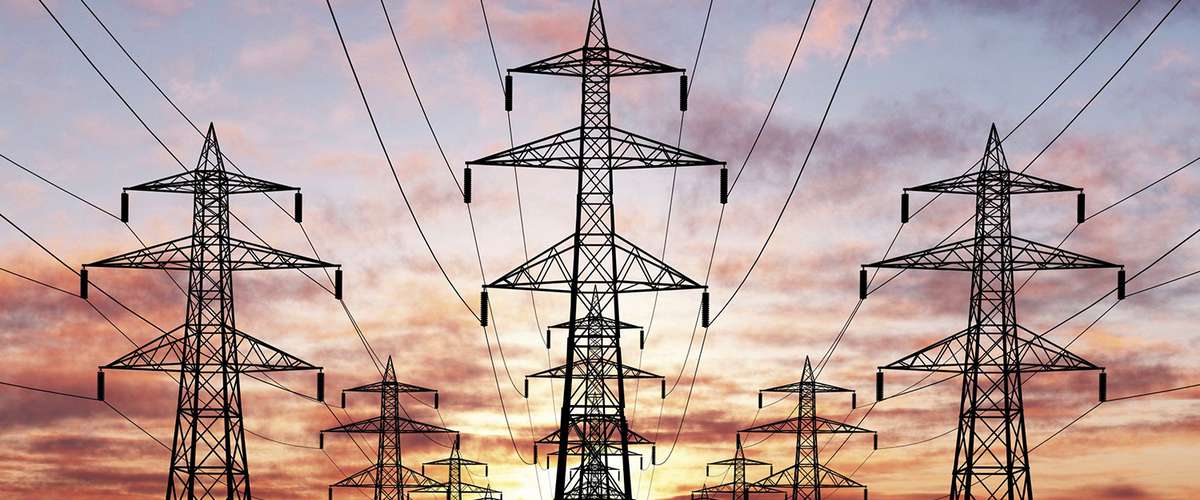















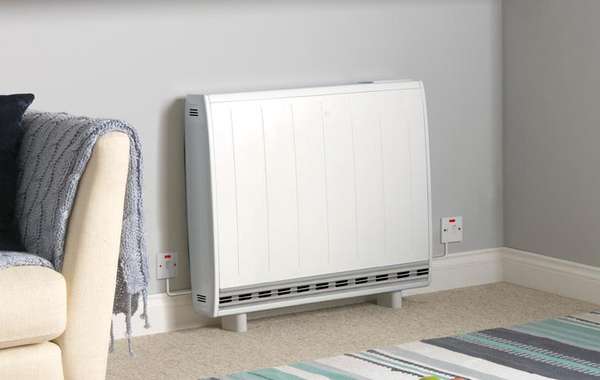
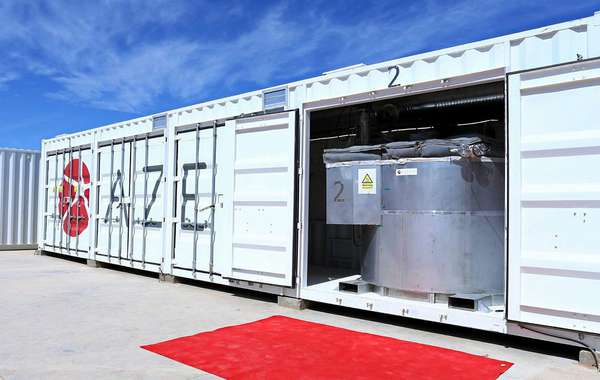

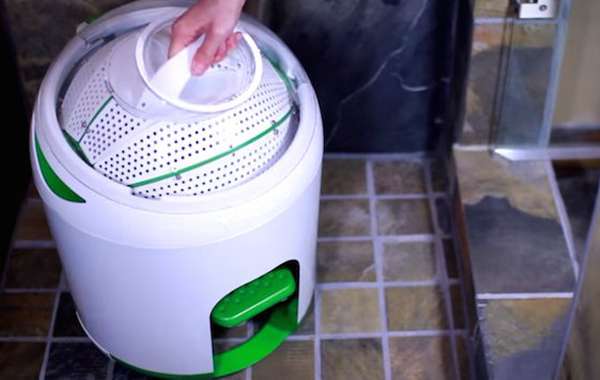
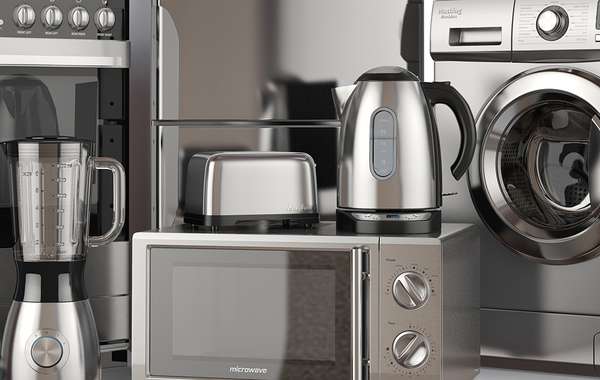
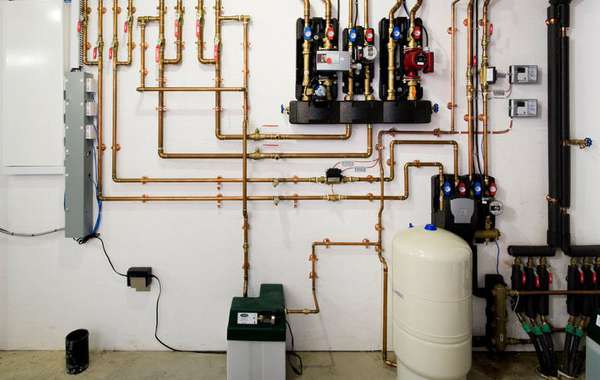
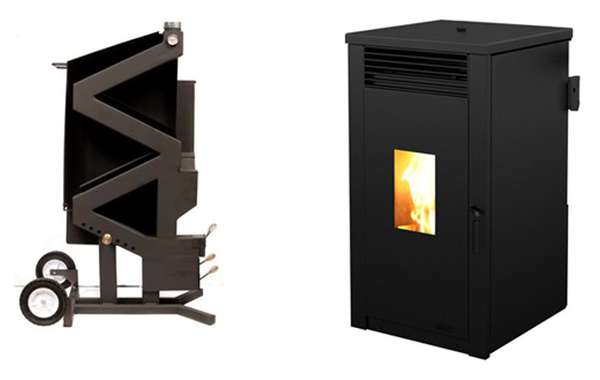
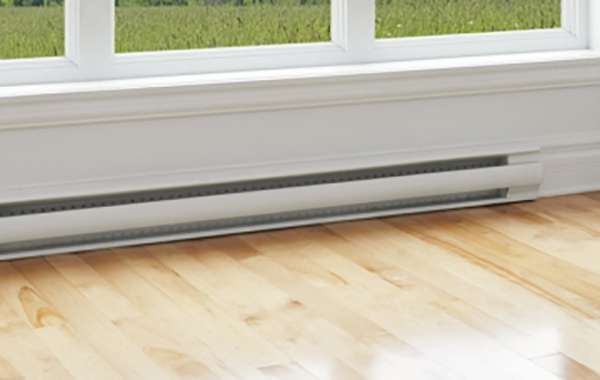
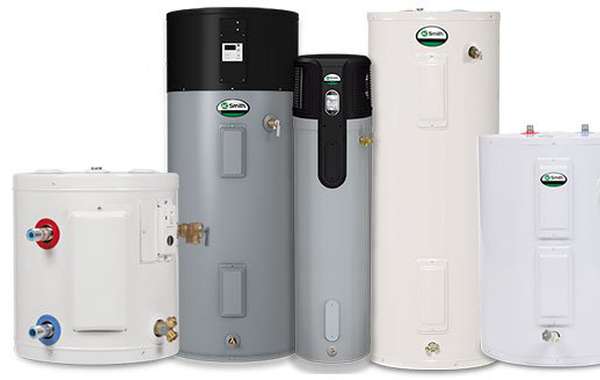
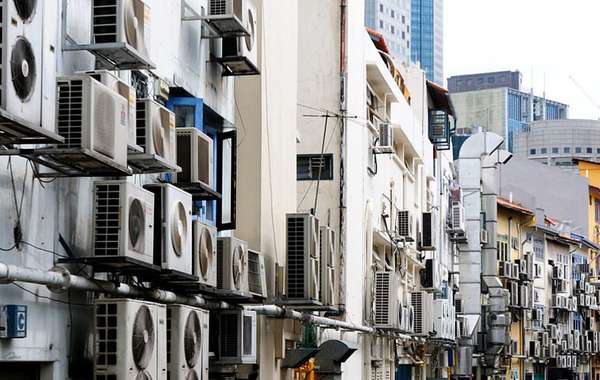
你好,我想指出的一件事是我经常听到的“神话”,电力是最昂贵的取暖方式。在5000硬盘的加拿大气候中,热泵的季节性cop为2.5左右,破坏了这种旧的思维方式。当然,所有涉及的数字都与移动目标和位置有关,但人们要根据自己的具体情况“计算”。但在我居住的马斯科卡安,情况却恰恰相反。我在最近的一篇文章中也读到一个地区的kWh价格是全国最高的!
more to follow...
Hello ,
part 2, Here are my most recent numbers for the record having now moved to town from my rural setting where propane was the king of the energy choices, an even worse alternative to the 'cheap' natural gas we have in town. 5000 HDD here in Huntsville, with a -29c design heat load. The old 1950s house we bought to do a deep energy retrofit is 1300 sq. Ft including a 1990 addition. So, my numbers. Natural gas bill ( Enbridge) November 16- December 18 was $156.66 all in. However, for the 5 months of non heating season we pay $127 total just to be hooked up, so I divide this into the seven months that I will heat which adds just over $18 to my monthly bills. Course all systems require fans to force the heat around and run various other electric components. Even with the newer most efficient ECM motors best guesstimates I could find was $5-10 per month. So, at $5 that leaves my bill at $179 all in. That supplied me with just over 314 m3 of gas. The ( in) efficiency of my two through the wall furnaces ( house is on an old crawl space) is 65%. This number derived from both the web site , Empire furnaces, and when I couldn't believe the number, a plaque on the inside of the unit listing both input/ output. All this to say, .65x314m3 equates to 204m3 of delivered heat for my house that month. Each m3 equates to 10.395 kwhs +/- according to a union gas page on line. So that gives us, 2124 kwhs. Being in muskok I reckon the COP of a top quality heat pump at somewhere in the neighborhood of 2.5. So now we're at 850 kWh to supply my house with the same energy as gas. This would've given me a monthly bill of 1250 kWh , my house using 400 for the month. Now as I think we all agree, cost / unit of energy trends down with greater usage, for both gas and kwhs. ( and most anything as far as that goes). So, I went to someone with a bill of similar usage for the month, my son , who used a comparable amount for the month (1413 kWh) as I would've had I heated with electric heat pump, 1250 kwhs. His out the door cost for this month/ usage was 15.8 cents/ kWh. Ok, I would use slightly less so perhaps my unit cost would've gone up slightly; let's say 16 c/ kWh? Rather long winded but what good would it have been to simply say that I found electric heating cheaper without putting my numbers and reckoning out there for scrutiny.
GAS : $179.82
Electric heat pump: $136
Not only is the heat pump cheaper it's not even close. Gas = 32% more
Once all the conservation measures have been done to my old leaky house the heat pump will be the answer to my heating needs.
Cheers Mark Harwood
Energy Nerd
Huntsville On.
Part 3, I should further add that IF I had room in my home for a high efficiency 97% gas furnace it would of course help significantly, usage going down from 315 m3 to 210m3. However , with less usage the price / unit scales up so now my 57.2 cents / m3 becomes 63.7 cents/ m3 eating up some of the efficiency savings. Now I'm at 210x 63.7 = $133.80. Now to this adjusting for my non usage months service and electric usage we have an actual cost for the month of $156.80.
Gas: $156.80
Heat Pump: $ 136
Gas with 97% efficiency furnace = 15% more
Cheers Mark